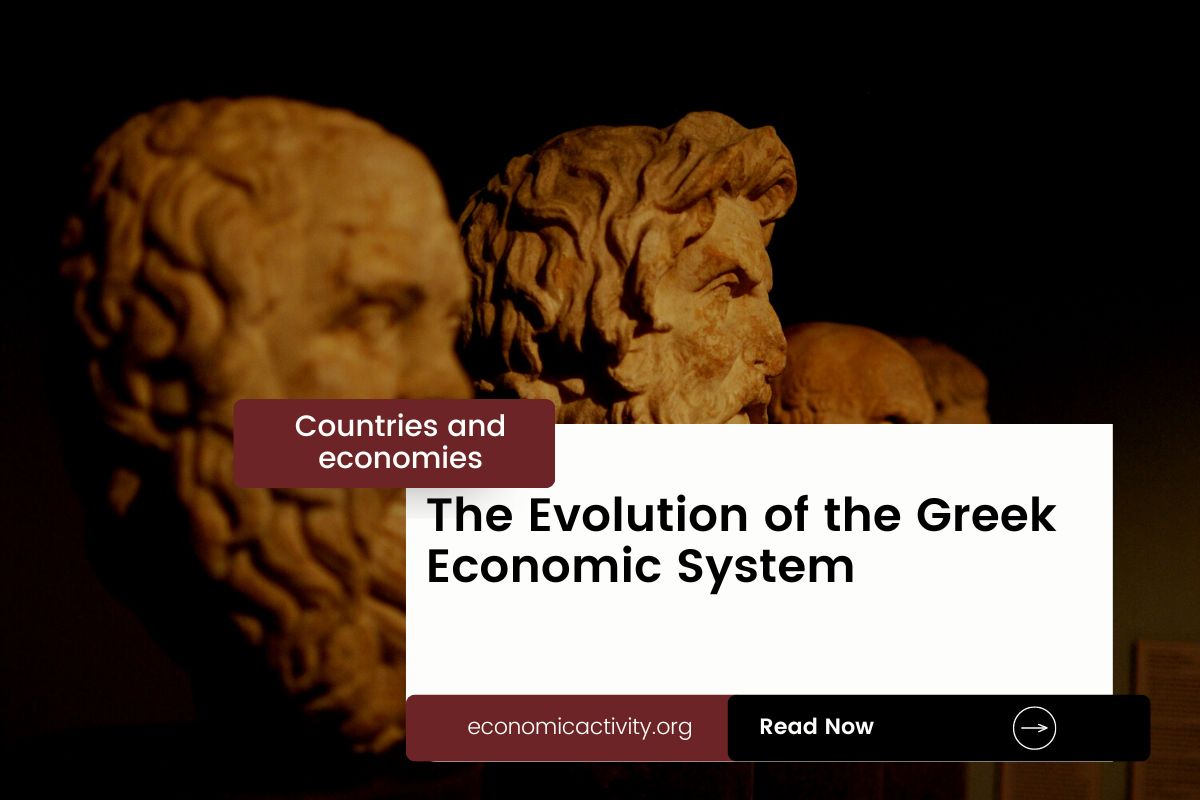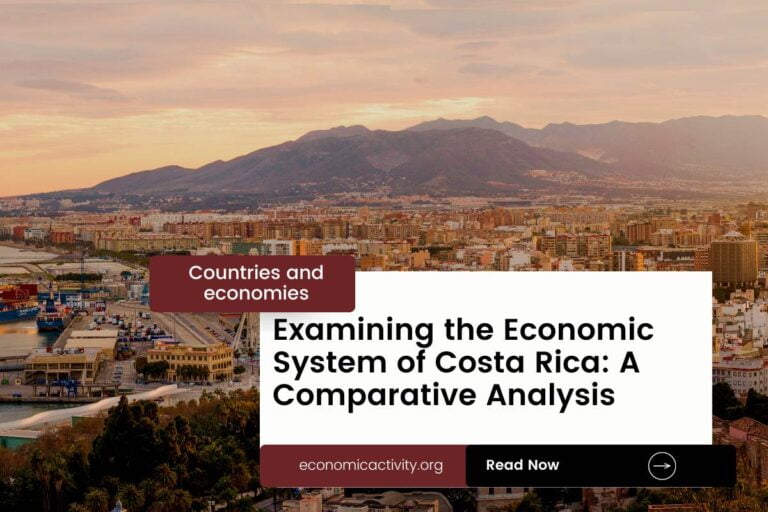What is the economic system of Greece? The economy of Greece is based on a mixed economy. The country’s economic system combines elements of a market economy and a planned economy.
In Greece, the economy is composed of a private sector, consisting of individuals and businesses that make autonomous decisions based on self-interest, and a public sector, where the state determines the production and distribution of certain goods and services. No country is purely capitalist or purely communist.
What do the freedom indexes tell about the economic system of Greece?
To determine if a country is mostly a market economy or a planned economy, it is useful to examine some economic indexes. For instance, according to the 2022 Index of Economic Freedom, which measures the ability of every human to control his own labor and property, Greece is ranked 77th globally and 38th in Europe indicating that the country has a moderately free economy.
In a similar way, the 2022 Freedom House index evaluates the state of political rights and civil liberties globally. Generally, market economies tend to align more with democracy and freedom, while command economies tend to be characterized by greater state control and fewer democratic and civil liberty protections. Greece gets a score of 87/100, which qualifies it as Free. Greece is a country where the government does not control what people do for political reasons, and people have the freedom to choose (what, how much and how to produce, whether to buy or not, selling price, etc.)
The Link Between Public Sector Employment and the Economic System of Greece
An indicator of the extent to which the State is involved in the economy is the number of public sector employees. In Greece, according to ILOSTAT, the number of public sector employees as a percentage of the total workforce is 21.3% (2019). In the country’s mixed economy, the number of public sector employees as a percentage of the entire workforce varies based on the specific policies and practices adopted by the State. Some economic activities are left to the private sector while others are under government control. The bigger the public sector the closer is the economy to being a command economy.
Top 10 Biggest Companies by Revenue in Greece (2023 data)
What does the biggest company in Greece say about the country’s economic system?
The biggest company in Greece should also be looked at, as well as whether it is a state-owned or private company. In this case, Alpha Bank is Greece’s largest private bank, offering retail, corporate, and investment banking services. Founded in 1879, it is one of the oldest and most respected banks in Greece.
The historical factors that have influenced the economic system of Greece
The mixed economy system of Greece is the result of a combination of factors, including the country’s history of economic liberalization, its accession to the European Union, and its adoption of the euro as its currency.
These factors have allowed Greece to benefit from increased trade and investment, while also providing a stable macroeconomic environment.





Leave a Reply